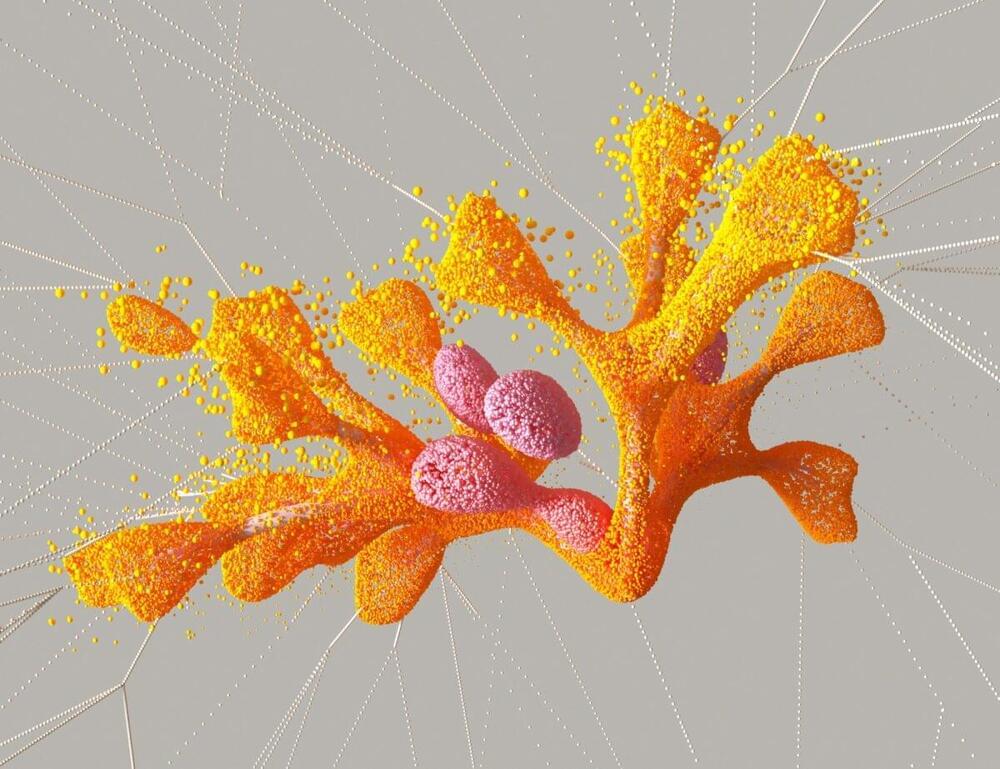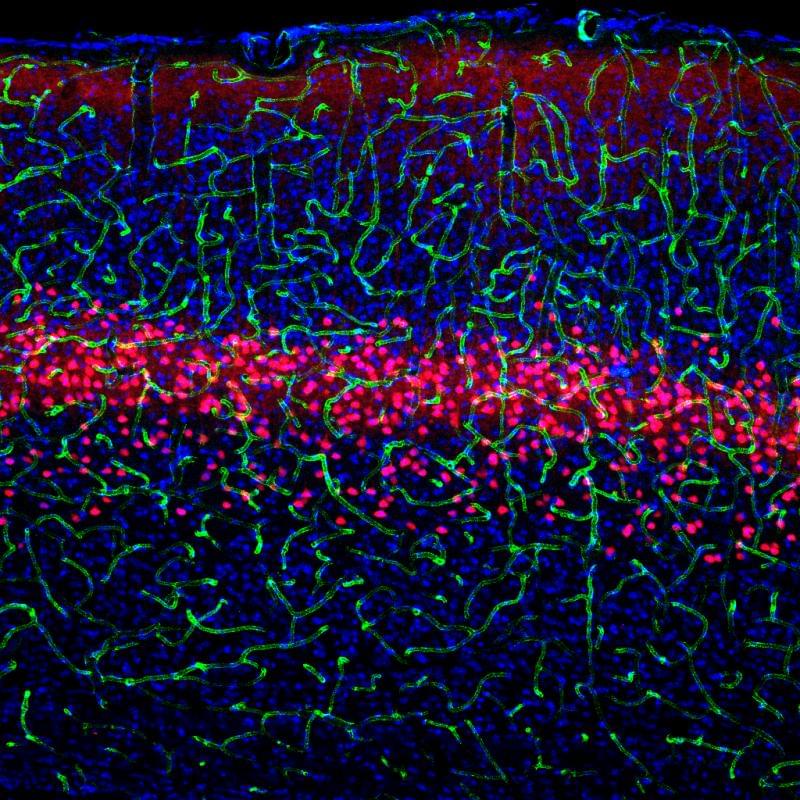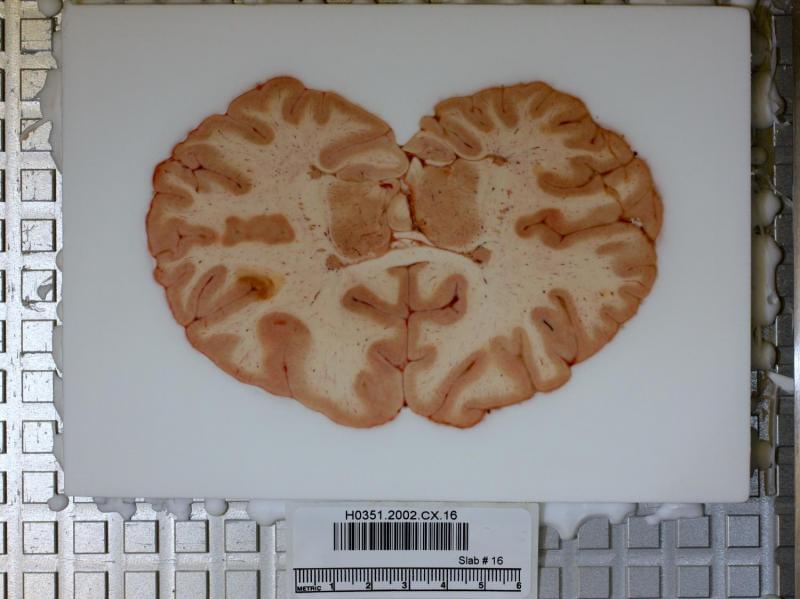Jul 9, 2022
Mindfulness meditation reduces pain by separating it from the self
Posted by Dan Breeden in categories: biotech/medical, neuroscience
For centuries, people have been using mindfulness meditation to try to relieve their pain, but neuroscientists have only recently been able to test if and how this actually works. In the latest of these efforts, researchers at University of California San Diego School of Medicine measured the effects of mindfulness on pain perception and brain activity.
The study, published July 7, 2022 in Pain, showed that mindfulness meditation interrupted the communication between brain areas involved in pain sensation and those that produce the sense of self. In the proposed mechanism, pain signals still move from the body to the brain, but the individual does not feel as much ownership over those pain sensations, so their pain and suffering are reduced.
“One of the central tenets of mindfulness is the principle that you are not your experiences,” said senior author Fadel Zeidan, Ph.D., associate professor of anesthesiology at UC San Diego School of Medicine. “You train yourself to experience thoughts and sensations without attaching your ego or sense of self to them, and we’re now finally seeing how this plays out in the brain during the experience of acute pain.”


















